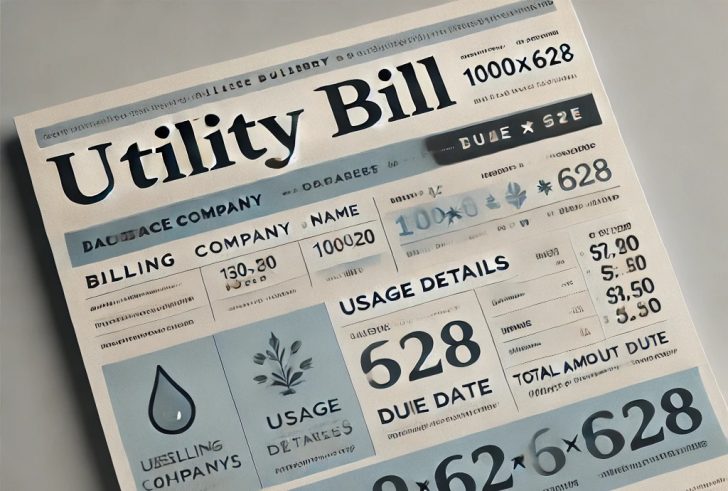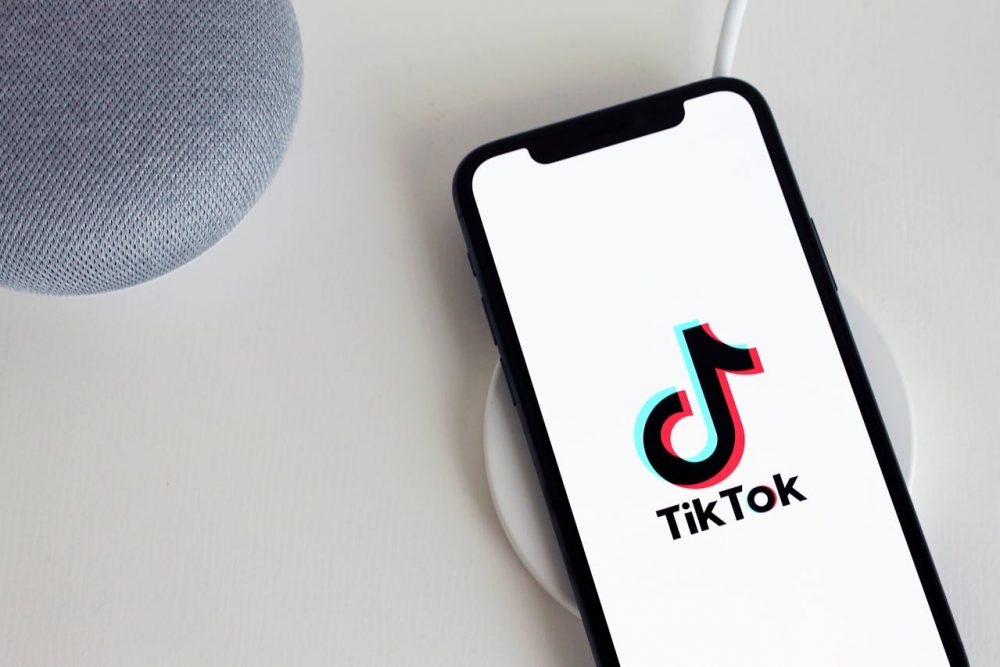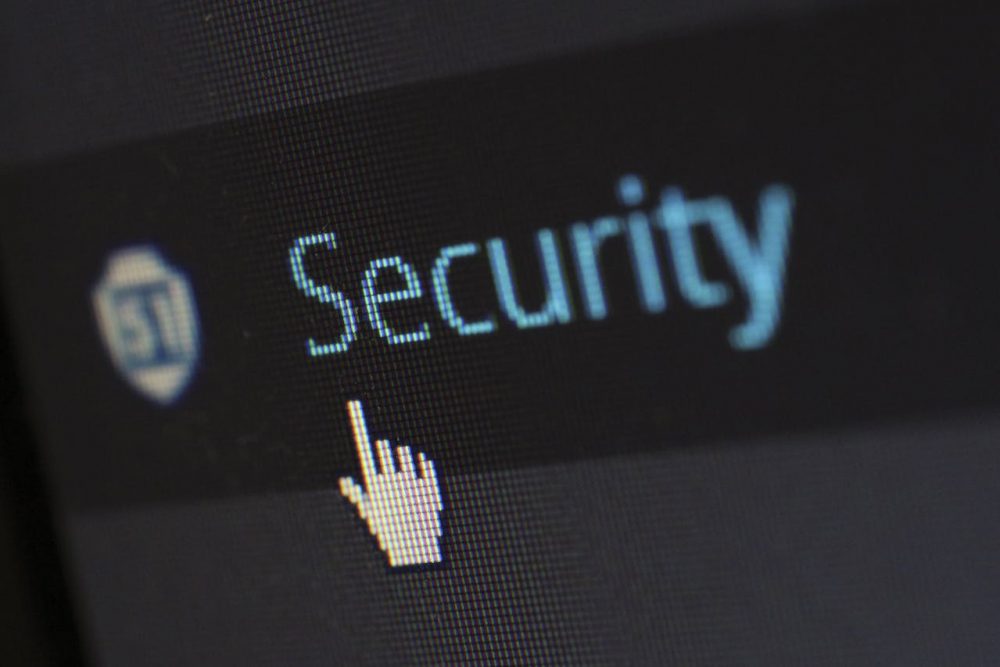What counts as a utility bill? Understanding ‘utility’ bills can be tricky, especially if you are new to managing your household expenses. Utility bills are more than just the gas and electric costs that come to mind. They include a variety of essential services that keep your home running smoothly.
Knowing which bills qualify as utilities can help you manage your budget better and ensure you are not missing any critical payments. Here is everything you should know about a utility bill:
What Counts as a Utility Bill?
When people ask, what counts as a utility bill, they often think about electricity, gas, and water. These are the most common examples, but utility bills can encompass a lot more than just these basics.

FrontStory / Essentially, utility bills are the charges you incur for the essential services that keep your household functional. These services are crucial for your comfort and daily living.
Electricity is a prime example. It powers your lights, appliances, and devices. Without it, your day-to-day activities would come to a grinding halt. Gas is another key utility, providing the necessary energy for heating your home and cooking. Water bills cover the cost of providing you with clean water for drinking, cooking, and bathing. These are non-negotiable services that most people think of when they hear "utility bills."
What Are the Other Bills That Count as ‘Utilities’?
But what about bills beyond electricity, gas, and water? This is where many people get confused about what counts as a utility bill. Services like trash collection and sewage treatment are also considered utilities. These services are essential for maintaining a healthy living environment.
Another example is heating oil, which some homes use instead of gas. If your home is heated with oil, this bill would also be classified as a utility. The same goes for propane, which is often used in rural areas where natural gas is not available.
Even though these utilities are less common, they are no less critical to your household’s operation.
Are Telecommunications Part of Your Utility Bills?
Telecommunications services like the internet, phone, and cable TV often fall into a gray area when determining what counts as a utility bill. While not as universally recognized as electricity or water, these services have become essential in modern life. The internet, for example, is crucial for work, education, and communication. Many people consider it a utility because life without it is almost unthinkable.

Mikhail / Pexels / Since most telecommunication services (like the internet) are the basic necessities of life, many people consider them as utilities.
Likewise, phone services, particularly landlines, are also considered utilities in many cases, especially in areas where cell service is unreliable. Cable TV, however, is where the line gets blurry. While not essential in the same way as the internet or phone service, many people still include it in their list of utilities because of its role in entertainment and staying informed.
Why It Matters For Renters and Homeowners
Understanding what counts as a utility bill is especially important for renters and homeowners. For renters, utilities can be included in the rent or paid separately. Knowing what utilities you are responsible for can prevent any surprises.
If your rent includes utilities, it is crucial to understand exactly which ones are covered. For instance, your landlord might pay for water and trash. But you might be responsible for gas and electricity.
Homeowners, on the other hand, must budget for all their utilities. This includes not only the standard utilities like electricity and water but also any additional services they choose to add, such as internet or cable TV. Homeowners should also be aware of seasonal fluctuations in utility costs. For example, heating bills typically spike in the winter, while electricity usage can soar during the summer months due to air conditioning.






